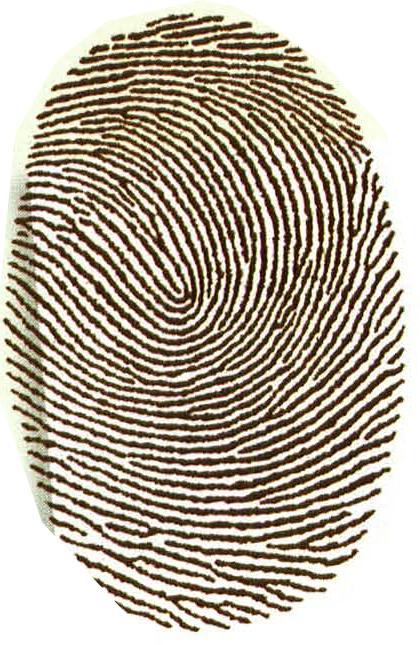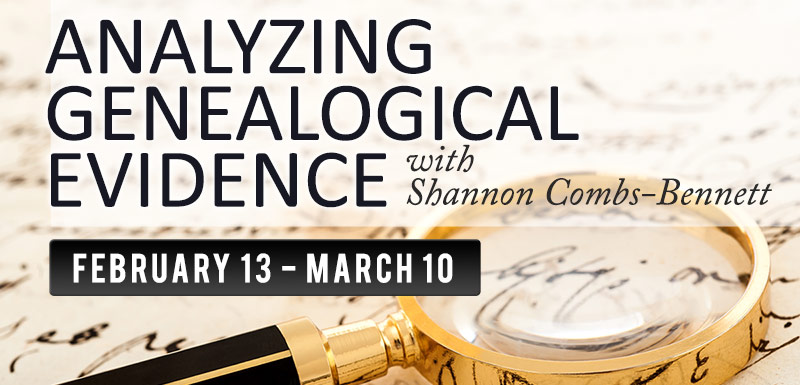Sign up for the Family Tree Newsletter Plus, you’ll receive our 10 Essential Genealogy Research Forms PDF as a special thank you!
Get Your Free Genealogy Forms
"*" indicates required fields
Every good detective knows that sometimes you have to interrogate the witnesses to get to the truth – and that means asking the right questions! Genealogy research is no different, and that’s why it pays to dig deep and examine all the evidence. Here are several questions that you’ll want to ask of all those documents and the data you’ve found while researching online. 

- First, what is a source?
A genealogical source is a physical item or artifact, like a document or photograph, that tells us something about the past. Once you track down the sources of online data, you’ll be able to determine whether or not it’s a reliable witness for your family history. - Is it the original or is it a derivative of the original?
How close to the original record is the copy you’re looking at? Is it a photocopy, microfilm copy or digitized version of the original document? Or is it an abstract or database entry with only partial information and possibly transcription errors? - Who is providing the information in the source?
Who is the witness? Did they experience the event firsthand or is it something they only heard about after the fact? In many cases, the information that someone has might have been provided years after the event, or by someone who doesn’t have all the information. The further away from the event they were, the less you can count on it being accurate. - What, if any, sources are cited?
If the source is another database or compiled source, it may contain more errors than an original document. Even if the source is an original, check it yourself. Some records are hard to read and may require analysis and interpretation. After looking at the source, do you agree with the other researcher’s conclusions? - Is the informant reliable?
Do you have reason to suspect that the person who supplied or compiled the information might have fibbed or stretched the truth? For example, an underage bride whose parents didn’t approve of the husband-to-be might have lied about her age. A woman might have fudged her marriage date if her child was conceived before the ceremony. A man might have claimed an older age if he wanted to enlist in the military. People had many reasons for lying, so consider whether your ancestor might have embellished the truth.
Discover your inner detective with our 4-week course, Analyzing Genealogical Evidence. Register today!
ADVERTISEMENT


